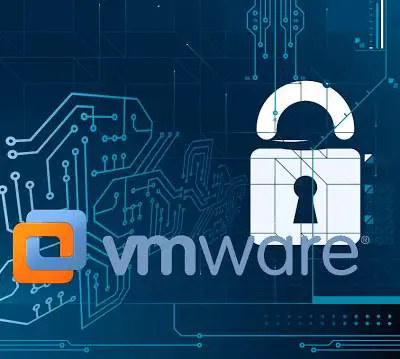
In a recent security advisory from Broadcom, VMware disclosed a critical vulnerability in its vCenter Server platform that has the potential to impact organizations globally. Identified as CVE-2024-38812 and rated with a CVSS score of 9.8, this heap-overflow vulnerability allows attackers to execute remote code by sending specially crafted packets to vCenter Server.
The flaw lies in the implementation of the Distributed Computing Environment / Remote Procedure Call (DCERPC) protocol within vCenter Server. Exploiting this vulnerability gives malicious actors with network access the ability to trigger remote code execution, which could ultimately compromise the entire vCenter environment. As a crucial management platform for VMware’s virtualized infrastructure, the security risks posed by this vulnerability are significant.
Another closely related issue is CVE-2024-38813, a privilege escalation vulnerability that could allow a threat actor to elevate privileges to root by sending a similar type of crafted network packet. Though rated lower at CVSS 7.5, this vulnerability adds another layer of potential risk.
Affected Versions and Mitigations
- VMware vCenter Server 8.0 and 7.0 are both vulnerable, but patches have already been released in version 8.0 U3b and 7.0 U3s.
- VMware Cloud Foundation is also impacted, requiring an asynchronous patch to mitigate these issues.
VMware credited researchers from team TZL, who reported these vulnerabilities as part of the 2024 Matrix Cup cybersecurity contest.
Organizations leveraging vCenter Server should act swiftly to apply the security patches and reduce their exposure to this critical vulnerability. The potential for remote code execution and privilege escalation makes CVE-2024-38812 and CVE-2024-38813 dangerous for enterprise environments, demanding prompt attention.
Related Posts:
- Critical VMware vCenter Server Flaw Allows Remote Code Execution
- VMware Confirms CVE-2023-34048 RCE Flaw in vCenter Exploited in the Wild
- Broadcom Security Alert: VMware Vulnerabilities Expose Data, Enable Attacks
- VMware vCenter Server arbitrary file read vulnerability